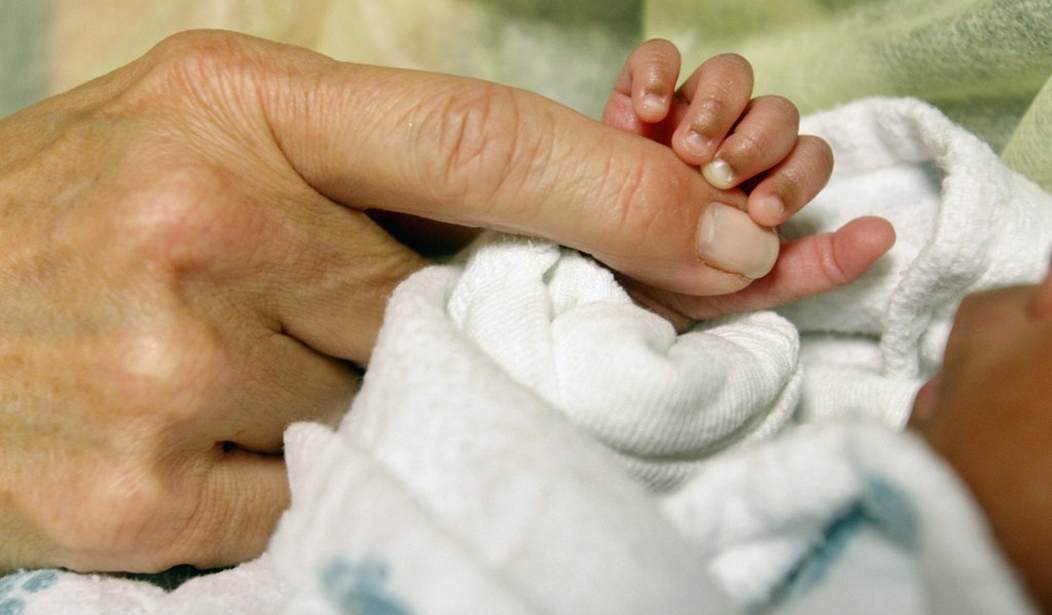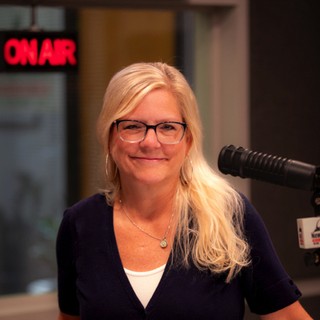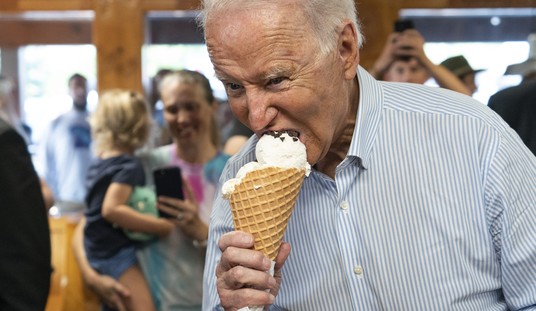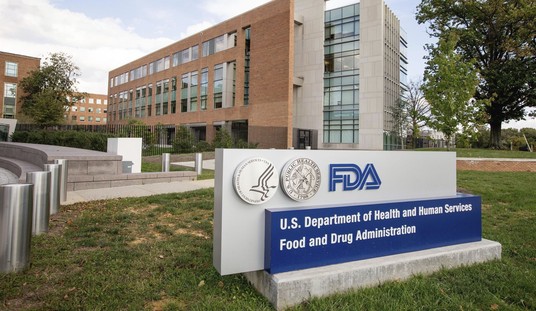Author’s Note: This piece originally ran in April 2019. However, I was reminded of it during the discussion that has arisen this past week following the leaked draft opinion from the Supreme Court signaling that Roe v. Wade may soon be overturned.
I awoke early today. Though it’s Saturday and I didn’t need to be up yet, I have a lot on my mind (work-related) and knew I wouldn’t be able to get back to sleep. I attempted to clear the cobwebs from my pre-caffeine-fueled brain by browsing Twitter. (I know, that’s probably not the best approach.)
As I did, I happened upon a thread in which a woman was responding to Ohio’s recent passage (and Governor Mike DeWine’s signing) of a “heartbeat bill,” which prohibits abortion once a fetal heartbeat can be detected — typically around the sixth week of pregnancy. Ohio joins several other states which have recently passed heartbeat bills — Kentucky, Georgia, Mississippi. Missouri’s House passed a similar bill in February, prohibiting most abortions after eight weeks, which is now being debated in the Missouri Senate. These bills, of course, stand in contrast to some of the most recent abortion-related legislation being passed out of New York, Virginia, etc., loosening abortion restrictions to allow for late-term (and some would argue post-term) abortions.
The thread in question detailed the woman’s personal experience with both abortion and motherhood. She described having undergone three abortions — one, when she was quite young, two when she was older — and having one child, a little boy, whom she loves dearly. I don’t doubt that at all. Her comments were articulate, emotional, and compelling. And I’m certain many who read them will applaud and cite them as persuasive argument in opposition to legislation aimed at limiting abortions.
I’m not going to call her out by name or share her tweets as what I’m about to say isn’t aimed at calling the wrath of the Twitter mob down upon her individually. But as compelling as her story was, I was struck by the cognitive dissonance she so blithely displayed. In one breath, she described her rationale for “choosing” to have abortions because she simply “wasn’t ready.” In the next, she spoke of her “choice” to have her son. And it made me wonder: When did he stop being a choice?
Was it when she saw his heartbeat for the first time? Was it when she shared the happy news with friends and family? Was it when she learned he was a boy? Was it when she first started showing? Was it when she first felt him kick? Was it when she picked out his name? Was it when she had a baby shower? Was it when she went into labor? Was it when she first held him? Was it when she decided she was ready?
When did she decide she was ready? Is that what made her wonderful little boy a person, not just a choice?
I don’t know that I’ve written about it here at RedState but I used to be “pro-choice.” I’d like to share something I wrote about the topic a few years back:
I wasn’t always pro-life. As I’ve mentioned previously, I was raised a liberal and remained so until roughly 8 years ago. I have, at times, discussed the various reasons for my “conversion.” The stories of Rick Santorum’s little girl call to mind one of the keys.
Though my family was liberal and held most of the traditional liberal views, we never really discussed abortion. I, without being willing to examine the issue overly closely, simply characterized myself as someone who was pro-choice, even though I would never personally choose to abort my child. I maintained that it wasn’t my place to make that decision for someone else, and carefully side-stepped any deeper exploration of the issue. In fact, I’m somewhat ashamed to acknowledge, I felt smugly superior holding this nuanced and “enlightened” view of the matter.
I was 6 weeks pregnant when the September 11th attacks occurred. I’ve detailed my recollections of that horrible day elsewhere, but one of the salient memories of it is coming home to a message on the answering machine from my doctor’s office — my hormone levels were low, and I was at risk for miscarrying. They had called in a prescription for me. When I picked it up from the pharmacy, still numb from the day’s events, I read the warnings, which included possible birth defects, and called the doctor’s office back in a panic. I was assured the benefits outweighed the risks, and it was okay to take the medication.
Fortunately, from that point on, my pregnancy progressed quite smoothly. When it came time for the 20 week ultrasound, my (then) husband and I were excited. Even though I never really could make out most ultrasound pictures, it was still fun to see our baby as she developed — and yes, we learned at that point we were having a little girl. We also learned there might be a problem. The tech advised us that the ultrasound revealed choroid plexus cysts in our baby’s brain, and left to get the genetic specialist to come talk to us.
Though not definitive, there is thought to be a correlation between the presence of these cysts and a condition called “Trisomy 18”, which is a genetic abnormality in which a third copy of chromosome 18 is present. We were told that the vast majority of babies with this condition die either before or shortly after birth. Those who live have severe health problems and a very low life expectancy. We were told an amniocentesis could verify if, in fact, our baby had this condition. We were given some time to consider our options.
I was aware that amniocentesis carried with it its own risks — I recalled reading that there was a 1 in 200 chance it could cause a miscarriage. As my husband and I discussed it, I kept thinking to myself, “So what am I going to do if the test confirms she has this?” And I knew — in a heartbeat — I knew there was no way I would ever opt to terminate the pregnancy, regardless of what the tests showed. So there was really no point in taking the added risk of the amnio.
Thankfully, though my daughter had some other complications due to arriving 6 weeks early, she did not, it turned out, have any genetic defects, and is, today a healthy, happy, almost-10 year old. But the experience of being faced with that choice — even theoretically — was a crucial step in my journey towards becoming pro-life. Yes, it was my baby I was considering, and yes, I’d always thought I’d never choose to terminate a pregnancy. But being forced to think about it in more concrete terms also forced me to think about what it meant for others. It wasn’t so easy to keep it in the realm of the abstract anymore.
As I read about the Santorums and their Bella, I am inspired by their devotion to their children and to life, even in its most complicated and trying forms. My heart goes out to them, and to all families with a child who is seriously ill. God bless them for choosing to love their daughter unconditionally and for unapologetically embracing life. I think Rick Santorum put it best: “While Bella’s life may not be long, and though she requires our constant care, she is worth every tear.”
My daughter was never a “choice.” She was — and is, even when her 17-year-old self is challenging my patience mightily — a wondrous gift.
The woman sharing her story on Twitter clearly has given a great deal of thought to abortion and what it means to her both as a societal issue and personally. As I said, I don’t doubt at all that she loves and adores her son. But I do wonder if she’s ever thought to ask herself: When did he stop being a choice?














Join the conversation as a VIP Member